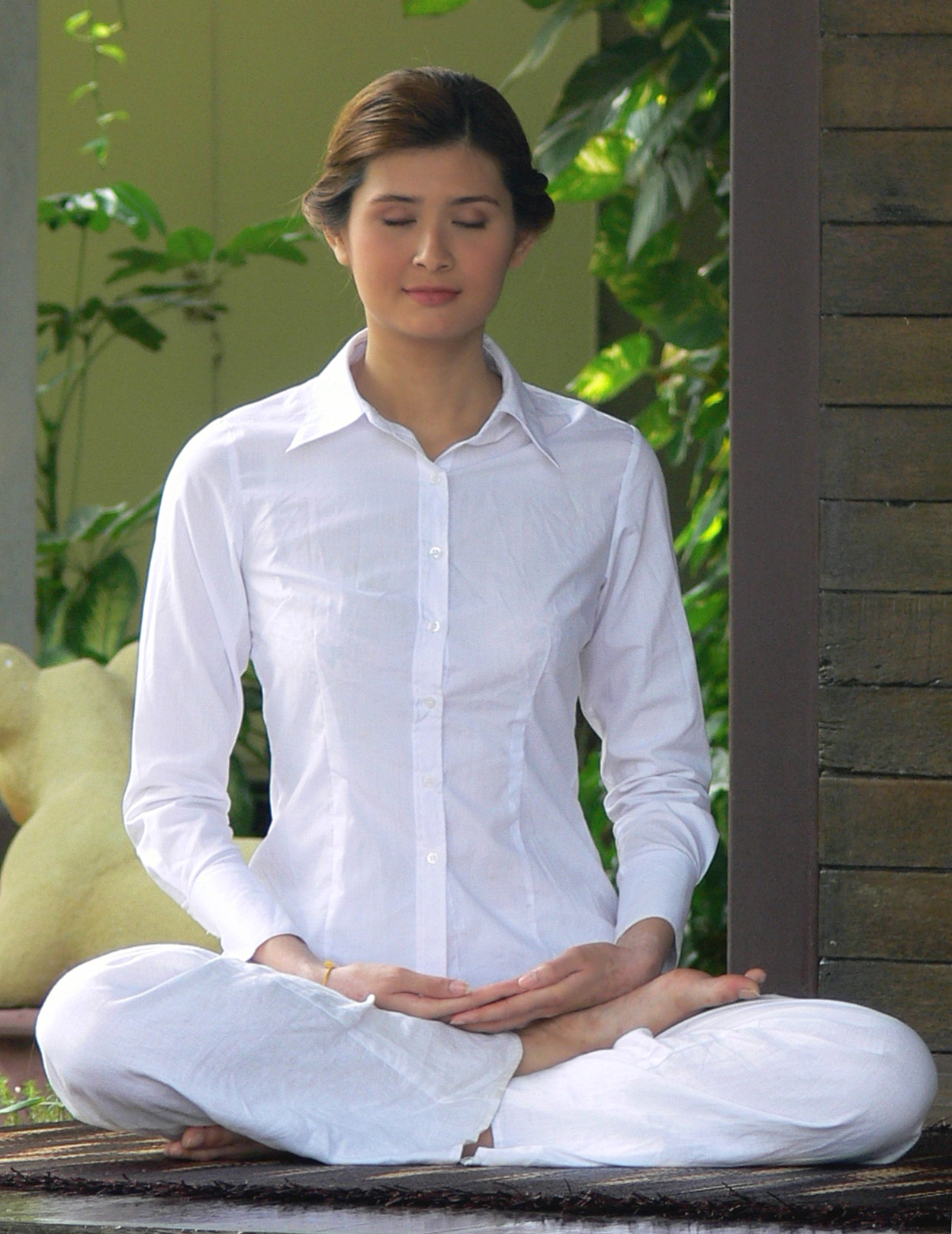As we navigate through our daily lives, our minds are constantly bombarded with a never-ending stream of information. From work deadlines to family obligations, it can be easy to get lost in the chaos of it all. However, what if there was a way to quiet the noise and focus on the present moment? Enter mindful memory meditation. By mastering the basics of this ancient practice, we can learn to cultivate a sense of calm and clarity in our minds, allowing us to approach each day with a renewed sense of purpose. In this article, we will explore the fundamentals of mindful memory meditation and how it can benefit our overall well-being.
1. “Unlocking the Power of Mindful Memory: A Beginner’s Guide to Meditation”
Meditation is a powerful tool that can help you unlock the power of your mindful memory. By practicing meditation, you can improve your ability to focus, reduce stress and anxiety, and enhance your overall well-being. Here are some tips to help you get started with meditation:
– Find a quiet place where you can sit comfortably and without distractions.
– Set a timer for a short period of time, such as five or ten minutes, to start.
– Close your eyes and focus on your breath, noticing the sensation of air moving in and out of your body.
– When your mind wanders, gently bring your attention back to your breath.
– Practice regularly, even if it’s just for a few minutes each day.
As you become more comfortable with meditation, you can gradually increase the length of your sessions and explore different techniques, such as guided meditations or visualization exercises. Remember that meditation is a practice, and it’s okay if your mind wanders or if you find it difficult to focus at first. With time and patience, you can unlock the power of your mindful memory and experience the many benefits of meditation.
2. “Mastering the Basics of Mindful Memory: Tips and Techniques for Effective Meditation”
When it comes to meditation, the key to success is consistency. Here are some tips to help you establish a regular meditation practice:
- Start small: Begin with just a few minutes of meditation each day and gradually increase the time as you become more comfortable.
- Find a quiet space: Choose a quiet, comfortable space where you won’t be disturbed. This could be a spare room in your home, a park, or even your car.
- Set a schedule: Decide on a specific time each day to meditate and stick to it. This will help you establish a routine and make meditation a habit.
- Focus on your breath: One of the most effective techniques for meditation is to focus on your breath. Simply observe your breath as it enters and leaves your body, without trying to control it.
Another important aspect of meditation is mindfulness. Here are some tips to help you cultivate mindfulness during your meditation practice:
- Be present: Focus your attention on the present moment, rather than dwelling on the past or worrying about the future.
- Observe your thoughts: Rather than getting caught up in your thoughts, simply observe them as they come and go. Try not to judge or analyze them.
- Practice self-compassion: Treat yourself with kindness and compassion, just as you would a close friend or loved one.
- Use guided meditations: If you’re struggling to stay focused during your meditation practice, try using guided meditations. These can help you stay present and focused on your breath.
3. “Transforming Your Memory with Mindful Meditation: Harnessing the Benefits of Mindfulness Practice
Are you tired of forgetting important details or struggling to remember names and faces? Mindful meditation may be the solution you’ve been searching for. By practicing mindfulness, you can transform your memory and reap the benefits of a sharper, more focused mind.
Mindful meditation involves paying attention to the present moment without judgment or distraction. By training your mind to stay focused on the task at hand, you can improve your ability to retain information and recall it later. Additionally, mindfulness has been shown to reduce stress and anxiety, which can also have a positive impact on memory function. To get started with mindful meditation, try incorporating these techniques into your daily routine:
- Set aside a few minutes each day to practice mindfulness meditation
- Focus on your breath and try to clear your mind of distractions
- Notice any thoughts or feelings that arise without judgment
- Bring your attention back to your breath whenever you become distracted
With regular practice, you may begin to notice improvements in your memory and overall cognitive function. So why not give mindful meditation a try and see how it can transform your mind?
As we conclude this journey into the world of mindful memory and meditation basics, we hope that you have found the information and techniques shared here useful. Remember that mastering meditation is a process that takes time and practice, but the benefits are worth the effort. By incorporating mindfulness into your daily routine, you can improve your memory, reduce stress, and enhance your overall well-being. So take a deep breath, clear your mind, and let the power of meditation guide you towards a more peaceful and fulfilling life.
